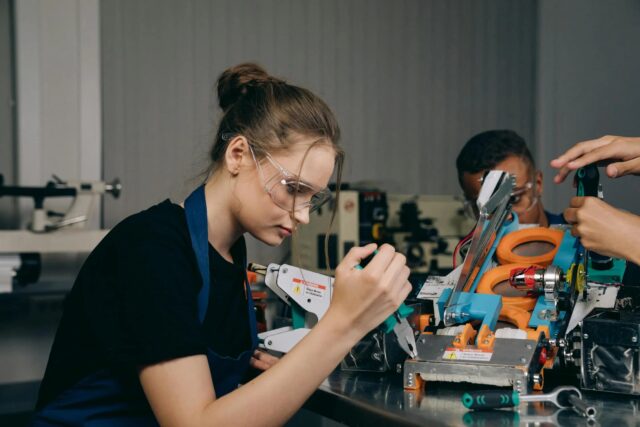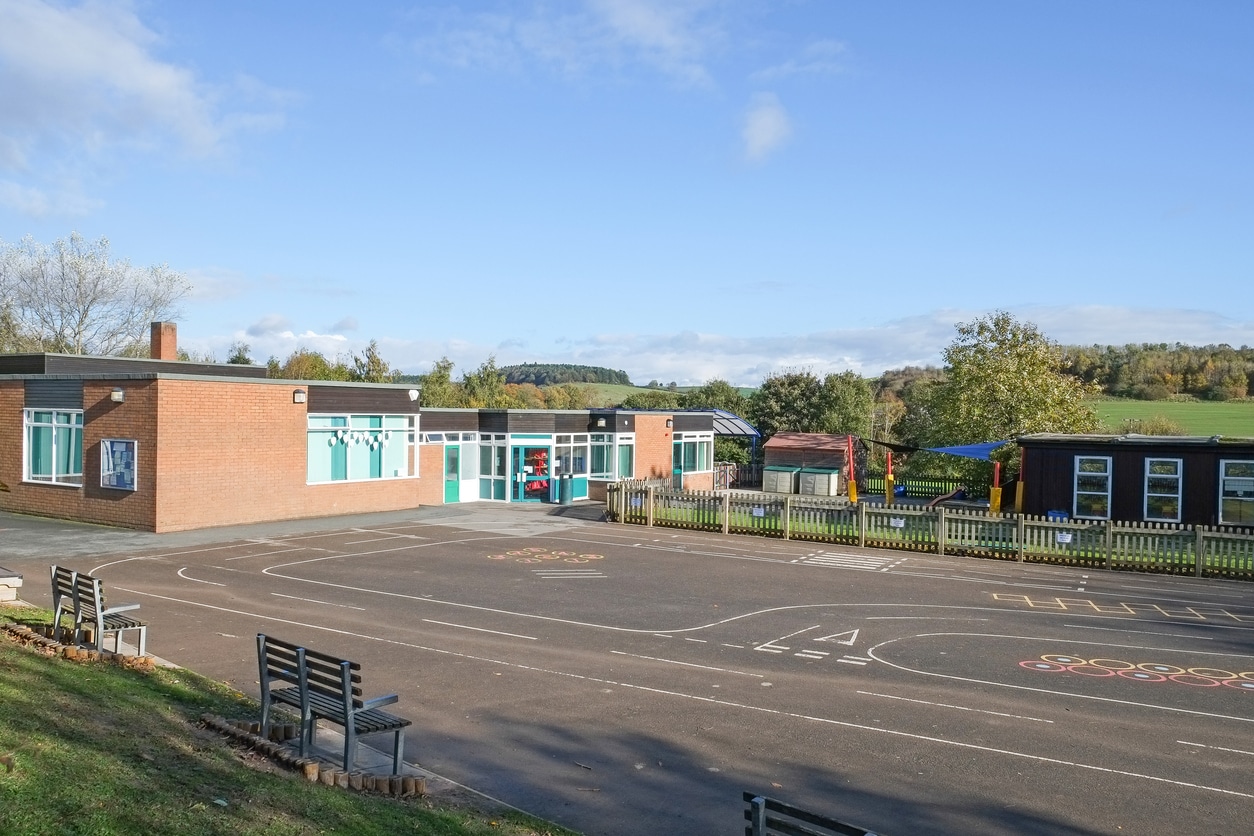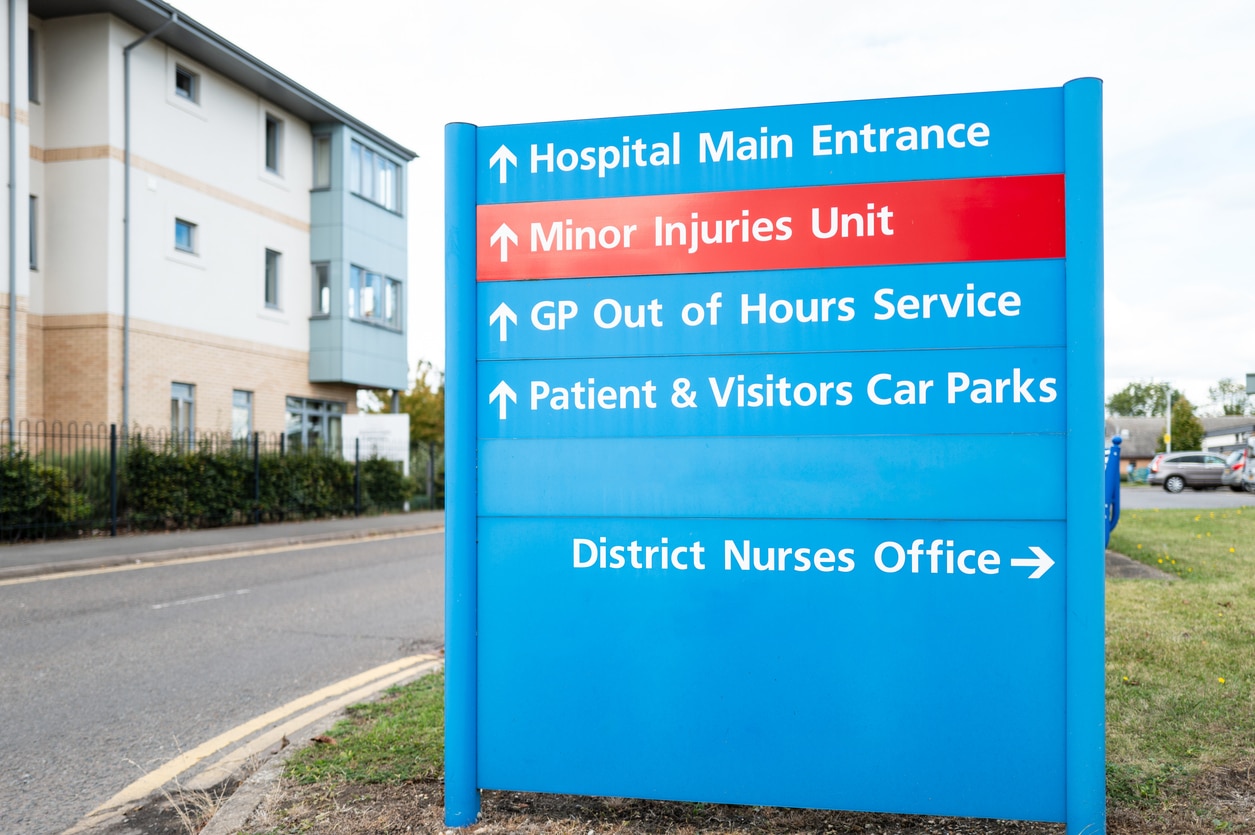
20%: The proportion of families in the bottom third of the earnings distribution eligible for the existing offer of 30 hours of early education and childcare for three- and four-year-olds.
A Fair Start
Promising primary school pupils from disadvantaged households fall one grade per subject behind equally talented affluent peers at GCSE.
Social Mobility: The Next Generation
1,000: The number of young people from under-represented areas that are ‘missing’ from 30 top universities each year, despite getting the grades.
25 Years of University Access
5%: Fewer degree apprentices are eligible for free school meals than those starting undergraduate study.
The Recent Evolution of Apprenticeships
People in Britain’s top jobs are five times more likely to have attended a private school than the general population.
Elitist Britain, 2019
This means that disadvantaged young people are 4.5 times less likely to become a top earner than someone who attended a private school.
Universities and Social Mobility
Explore our priorities


Schools and colleges
The gap in outcomes between lower income young people and their wealthier peers is significant
Learn more
Higher education
Getting a university degree remains one of the surest routes to social mobility
Learn more
Apprenticeships
High-quality apprenticeships have the potential to be powerful vehicles for social mobility
Learn more
Access to the workplace
It is important we make use of the talents of all sections of our society
Learn moreOur research and policy work

School Funding and Pupil Premium 2025
A closer look at school funding and budget pressures in 2025.

Unequal Treatment?
Unpacking the problems with access to medical degrees and careers.

Unpaid and Underpaid Internships
Our survey of graduates and employers reveals the state of play in internships.
Policy Hub
As the dust settles following the General Election, the case for policy action to tackle educational inequality and promote social mobility has never been stronger